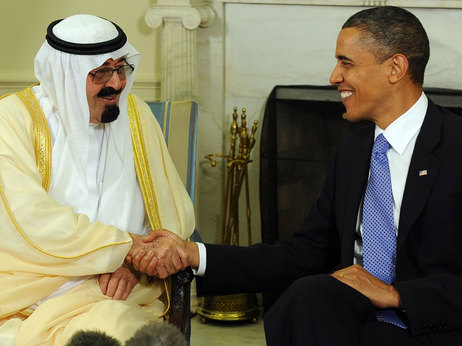
From Thom Shanker and David Sanger, New York Times: The Obama administration has begun helping Middle Eastern allies build up their defenses against Iran’s growing arsenal of cyberweapons, and will be doing the same in Asia to contain computer-network attacks from North Korea, according to senior American officials. . . .
“The Iranian attack on the Saudis was a real wake-up call in the region,” said one senior administration official, who would not speak on the record about the American efforts to counter Iran. “It made everyone realize that while the Iranians might think twice about launching a missile attack in the region, they see cyber as a potent way to lash out in response to sanctions.”
The administration is capitalizing on the fear created by those attacks to build on the de facto alliance against Iran that it has constructed in the region. The Pentagon is drawing up proposals for providing advanced hardware and software for computer-network defense that could be sold throughout the Persian Gulf, much as American aircraft and missiles are sold to Arab allies. Training programs are being put together to teach computer security to military and law enforcement in the region, and to collaborate with private companies.
And, just as the Pentagon conducts naval exercises in the Persian Gulf to practice ways of keeping the Strait of Hormuz open, officials say future joint war games would include simulated cyberattacks, similar to the one Iran conducted against Saudi Aramco.
The idea is to give American and allied forces practice carrying out their missions with their networks under duress, officials said. . . .
A senior Defense Department official said the program to develop computer skills among allies would focus solely on defending against disruptive and destructive attacks on networks for the military and critical infrastructure. The United States will not share its growing arsenal of offensive cyberweapons, which, like nuclear arms, can be deployed only on presidential order. . . .
This new focus on adding computer-warfare skills to a global effort the Pentagon calls “building partner capacity” — and usually refers to more traditional training of conventional forces — is another indication of the high level of concern in Washington about the growing danger of computer-network attacks from Iran or North Korea.
After the attacks on energy firms in the Persian Gulf, “we recognized that we really need to bolster our working relationships with key allies in the region,” said one senior Defense Department official. “We made a very conscious strategy decision to make that a priority, both in the gulf and also in Asia.” (photo: Roger L. Wollenberg-Pool/Getty)
Image: getty%206%2010%2013%20abdullah%20Obama.jpg
